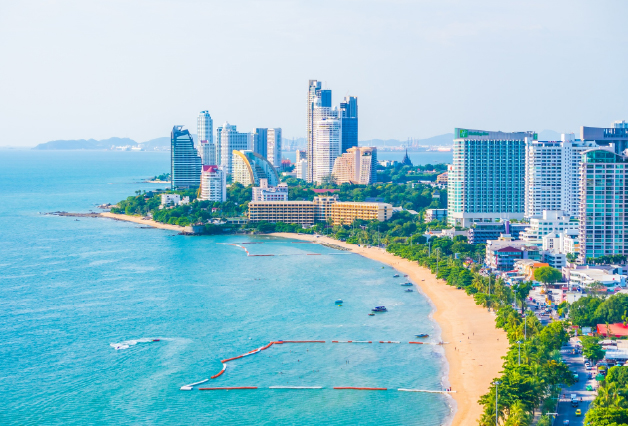In the evolving landscape of international taxation, the past decade has seen a consistent and widespread acceptance of tax ‘anti-avoidance rules’ globally. These rules give tax authorities wide ranging powers to deny tax benefits. Recently, both the Indian and Mauritian Government took significant strides in this direction by entering into a Protocol to introduce an anti-avoidance rule known as the ‘Principal Purpose Test’ (PPT) within the India-Mauritius tax treaty framework. The PPT aims to deny the treaty’s benefits if any one of the principal purpose of a transaction, structure or arrangement is to claim such benefits. While the applicability of PPT to past transactions or exits remain uncertain, clients holding India investments in a Mauritius entity or looking to set up a Mauritius structure must assess if their setups withstand PPT scrutiny. India-Mauritius tax treaty continues to provide Mauritian investors several tax incentives such as lower dividend tax rate of 5% (for Mauritius companies holding at least 10% in Indian company) or 15% (otherwise), interest withholding tax rate of 7.5% and capital gains tax exemption on transfer of shares in Indian company (acquired prior to 1 April 2017), debt securities and shares of companies outside India.
However, the proposed introduction of PPT as well as existing General Anti-Avoidance Rules (GAAR) under Indian tax law creates an uncertainty on eligibility to claim the tax treaty benefit. It is therefore crucial to demonstrate that the treaty benefit is merely incidental to the relevant structure, arrangement, or transaction, and not its primary purpose. Structures driven by genuine commercial considerations, exhibiting substantial substance aligned with their business models and strategies, stand a better chance of justifying their eligibility for tax treaty benefits.
For India-focused funds in Mauritius, factors such as the fund’s strategy, historical structural choices, investor demographics, holding durations, the presence of fund managers and directors in Mauritius, a robust administrative ecosystem, political and economic stability, banking infrastructure, investor confidence with the jurisdiction, locational advantage for India investments, portfolio diversification, and target jurisdictions are pivotal factors to evaluate under the lens of PPT and GAAR. Similarly, for holding companies, the residency of the holding company’s shareholders usually plays an important role. In the case of multinational corporations, the group’s structure, business plan, regional benefits, and other factors alongside substance consideration are relevant to the PPT assessment.
It is important to note that tax authorities have increasingly demanded justification on commercial rationale and substance when assessing tax treaty benefits, even in the absence of GAAR and PPT. While GAAR and PPT formalises the approach, the expectation is for taxpayers to have robust documentation to substantiate the PPT. An in-depth factual and legal analysis becomes indispensable in evaluating PPT implications for clients with Mauritius structures.

